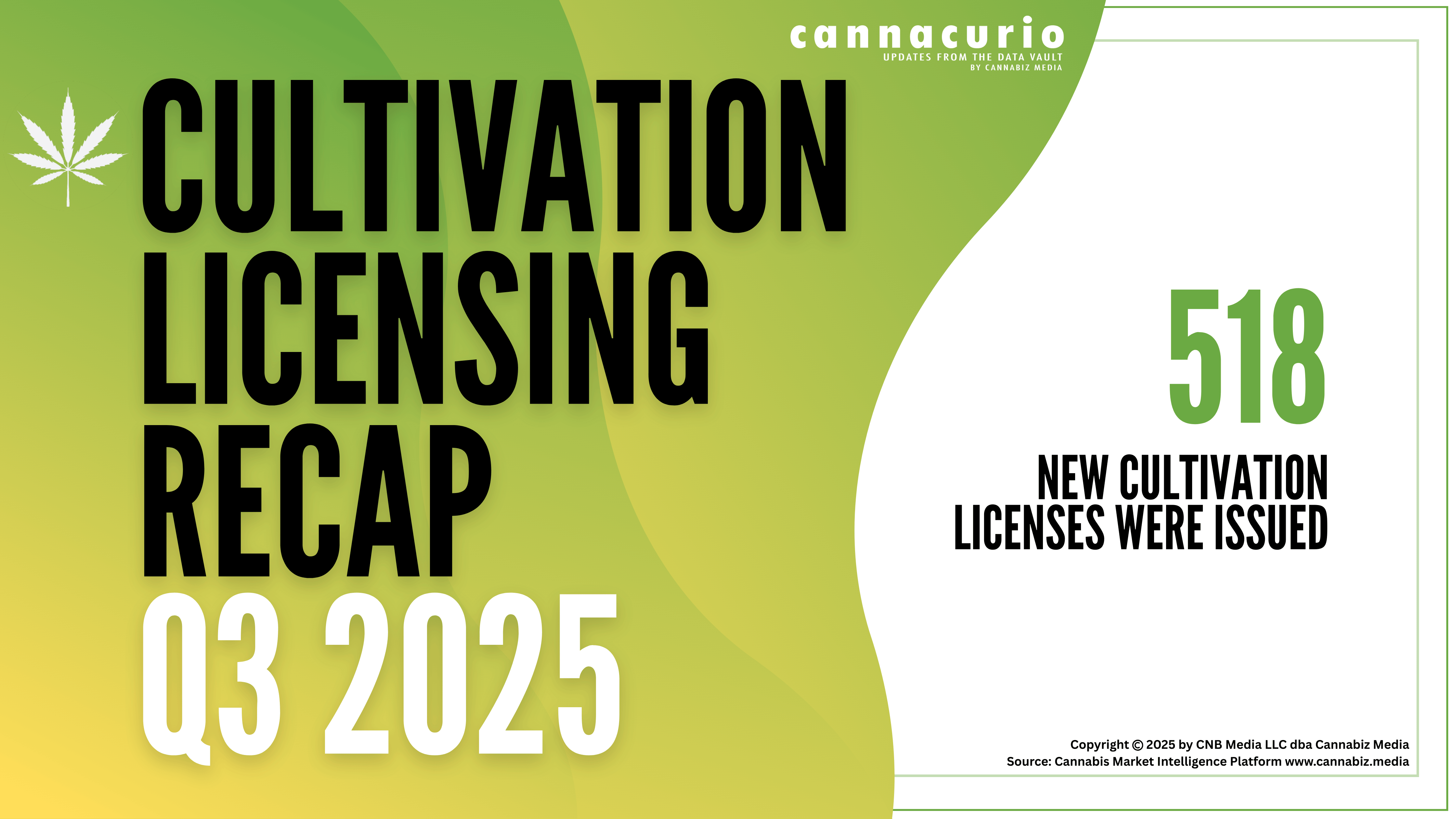
10 Weirdest Marijuana Laws
Currently, 29 states have approved medical marijuana and 9 have approved recreational marijuana. In addition, a recent Gallup poll found that 64% of Americans believe marijuana should be legal in the U.S. However, since cannabis is still illegal at the federal level, every state has different regulations for it. In fact, every county, town, and municipality can have its own set of local rules, too. This makes things very confusing for businesses and consumers.
Cannabiz Media’s team of researchers has been entrenched in these laws as we continually update the Cannabiz Media Database with the most current and comprehensive marijuana licensing data available. Through our efforts, we’ve come across some common local rules—such as the distance dispensaries must be from schools. However, we’ve also come across some very strange rules.
Here are 10 of the weirdest marijuana laws we’ve come across over the past couple of years that license holders have been required to adhere to. I’m certain some of these laws will make you pause and wonder why.
1. Arizona Won’t Share
If you want to learn about licensed medical marijuana dispensaries in Arizona, you’ll have your work cut out for you. Arizona doesn’t share its list of licensed dispensaries with anyone but registered medical marijuana patients.
2. Connecticut Wants Lights Out
Typically, businesses are well lit at night for a variety of reasons, including to deter theft. This after-hours lighting usually includes a sign with the business name that lights up for ongoing advertising to passersby – even when the business is closed. Don’t look for such lit signs hanging at medical marijuana dispensaries in Connecticut because all illuminated signs are forbidden in the state for dispensaries.
3. Maine, Marijuana, and Meals
Edible medical marijuana products are legal in some states. If you live in Maine and have a doctor’s authorization, you can get edible medical marijuana products, but they’ll cost you a bit more than they would elsewhere. That’s because the state adds a 7% Meal Tax on edibles.
4. Arizona’s License Change Fees
Once a business obtains a marijuana license in Arizona, they’re not just subject to annual renewal fees. They also have to pay a hefty fee if they need to change their address, location, or name.
5. Michigan Spells Things Its Own Way
If the Marihuana Tax Act of 1937 spelled marijuana as marihuana, why change it? Michigan still uses that spelling in the Michigan Public Health Code and in the Michigan Medical Marijuana Act passed in 2008.
6. Nevada’s Aversion to Font Variety
Nevada’s signage rules limit dispensary signs to using just two fonts at the most. The state prefers sans-serif fonts. While serif fonts might be okay, script, decorative, and gimmicky fonts are not okay—ever.
7. Washington, D.C. Singles out Auto Repair and Gas
In Washington, D.C., marijuana may not be sold anywhere that also sells gasoline. But that’s not all. Marijuana cannot be sold in any location that also offers auto repair. Weird? Yes.
8. Oregon Has No Love for Creativity
Signage rules in Oregon are quite easy to follow because the only font allowed is bold, 80-point Times New Roman or Arial. No other sizes and no other fonts are allowed. Yes, graphic designers everywhere cringed when they read that because Time New Roman 80-point font is rarely a good choice and Arial is only slightly less cringeworthy. That’s probably the point of the law though, right?
9. Massachusetts Says No to T-shirts and Novelty Items
Medical marijuana dispensaries are not allowed to produce or sell any kind of T-shirts, novelty items, or promotional gifts. Since many of these add-on products not only diversify a business’ product line but also generate a nice revenue stream, this law certainly limits income potential. Furthermore, this type of diversification is important to build the value of a marijuana business’ intellectual property, particularly, its trademarks.
10. Delaware Advertising Steps Back in Time
In Delaware, print and broadcast advertising is not allowed. Instead, medical marijuana-related advertising is only permitted in directories and phone books — even though the number of people who actually use directories and phone books has plummeted to a very, very small quantity over the years.
What’s Next in Weird Marijuana Laws?
As more states legalize medical and recreational marijuana, it will be interesting to watch how these laws evolve. With states gaining more experience in the marijuana space, we can hope that some of these highly-restrictive and weird marijuana laws will be removed from the books or at the very least, updated so they make more sense.
What are the weirdest marijuana laws you’ve heard? Share them in the comments below.
Originally published 12/15/16. Updated 2/16/18.

.png)

